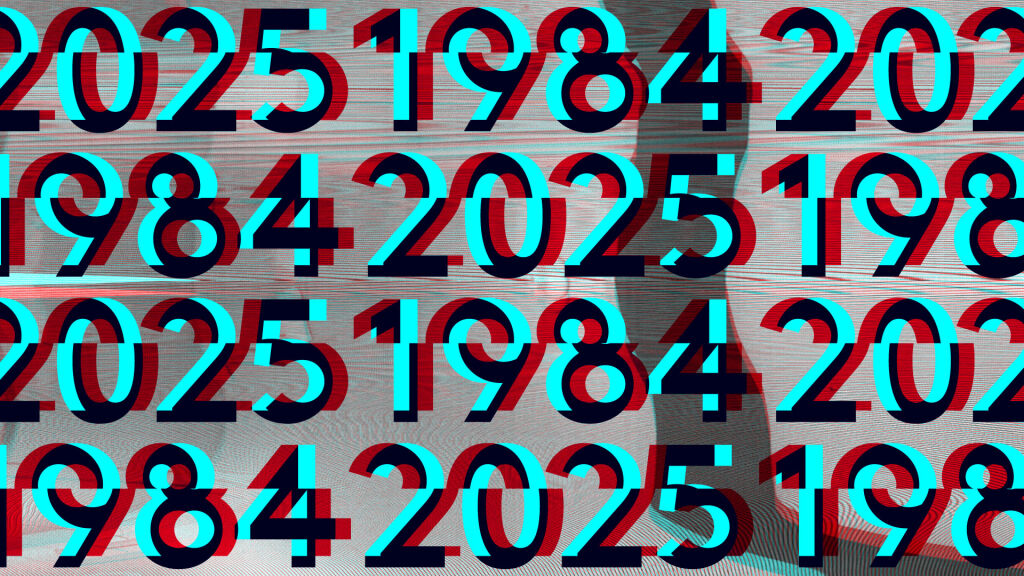A Manifesto for Planet Word 2.0
Back in 2013 when we started planning a museum of words and language, it was mainly intended to be a new way to bring disaffected readers back into the fold of the reading public.
Our mission then, as it still is, was to renew and inspire a love of words, language, and reading with the belief that a strong democracy demanded a literate population. For many reasons, we believed, readers were essential to democracy; so Planet Word needed to create readers, engaging them with words through a wide variety of awesome, tech-enabled experiences, experiences that would be fun, playful, unexpected, meaningful, motivational, and inclusive. At Planet Word, we argued, any visitor should be able to find some way to connect to words.
And if we accomplished just that, we thought, we’d be doing a lot.
Then along came 2015, which shined a spotlight on words and language like never before. In our national politics, words were no longer being disregarded — sometimes they were even becoming the news themselves!
We were forced to contemplate phrases such as “alternative facts” and “fake news” and, later, the definition of a “hero” — and eventually of a “riot” and “insurrection” and “seditious conspiracy.” In the news, we started seeing front-page stories about book challenges, book banning, and parental rights over curriculum materials, as well as renewed debates on the Second Amendment’s meaning of the right to bear arms and questions about how we defined free speech: Do I have to decorate a wedding cake for a gay couple when my religion doesn’t support gay marriage? How does my freedom of speech — and freedom of religion — square with a possible violation of others’ civil rights?
All these word-bound issues have become subjects of intensifying debate, court cases, and local government turmoil.
And now, not to be let off the hook too easily, we find ourselves facing even more troublesome issues related to words and language: For example, our world continues to be destabilized by mis- and disinformation, and by advances in swiftly producing deepfake articles, photos, and videos. We are bracing ourselves for an onslaught of artificial intelligence-abetted misinformation, undetectable plagiarism, and, perhaps, an undermining of the need to read at all.
To me, this means that to remain relevant as a museum of words and language, Planet Word has to tackle these subjects by bringing them to the attention of our audience. While we are thrilled that our visitors are enjoying the physical experiences they have at the museum, we must also make sure that we provide a full understanding of words and language by addressing these super-fraught language issues of the day, too.
In that regard, we believe Planet Word should take on the roles of convener, guide, and explainer. Planet Word may not have a collection of artifacts and a staff of curators and experts, but we do have the equivalent: access to people thinking about words and where language is heading. We intend to bring their expertise to our audience in multiple formats — in person, online, through new exhibits, through programming, and in reading recommendations. We will curate important conversations that will have real-world applicability and, we hope, impact.
Recently, the president of Microsoft, Brad Smith, delivered a major address from Planet Word on ways to regulate artificial intelligence. (Microsoft has been a donor to Planet Word and we chose its Azure voice-recognition software to empower some of our exhibits.) It was exciting to be the venue for such an important speech. We also participated in the Nobel Prize Foundation’s summit called “Truth, Trust, and Hope” about how evidence-based approaches could counter efforts at mis- and disinformation, especially in science and medicine. In December I attended UNESCO’s launch of the International Decade of Indigenous Languages, which aims to bring wider attention to this global challenge.
And in early May we learned that we will be part of a team bringing citizen science to the museum to promote “trustworthy AI.” Alongside researchers from the University of Maryland, George Washington University, and Morgan State, several corporate partners, and Cornell University, we are part of a new institute for Trustworthy AI in Law & Society (TRAILS) — the “first organization to integrate artificial intelligence participation, technology and governance during the design, development, deployment and oversight of AI systems. We [will] investigate what trust in AI looks like, how to create technical AI solutions that build trust, and which policy models are effective in sustaining trust.” This “Trailblazers” Institute, one of seven new national AI institutes, will focus on “transforming the practice of AI from one driven primarily by technological innovation to one that is driven by ethics, human rights, and input and feedback from communities whose voices have previously been marginalized.”
Given the importance of these issues, we are excited that Planet Word will play an active role in these discussions and be a clearinghouse for ideas on how to think about these important language topics.
But they’re not the only issues we’ll be taking on: We are also treading thoughtfully into the so-called “reading wars,” trying to help our audience sort fact from opinion about the best way to teach beginning reading. We want to help parents and teachers think about how much phonics instruction young students should learn and what other skills they need to become proficient readers, readers who can comprehend as well as decode the written word.
Learning to read is every child’s civil right. Is there any topic that could be more central to our mission of advancing reading in the support of democracy?
We want to help our visitors understand when words are being used to undermine or advance democracy. And we look forward to being part of these conversations on the cutting edge of language. This is exactly where we need to be.
—Ann Friedman, founder of Planet Word


